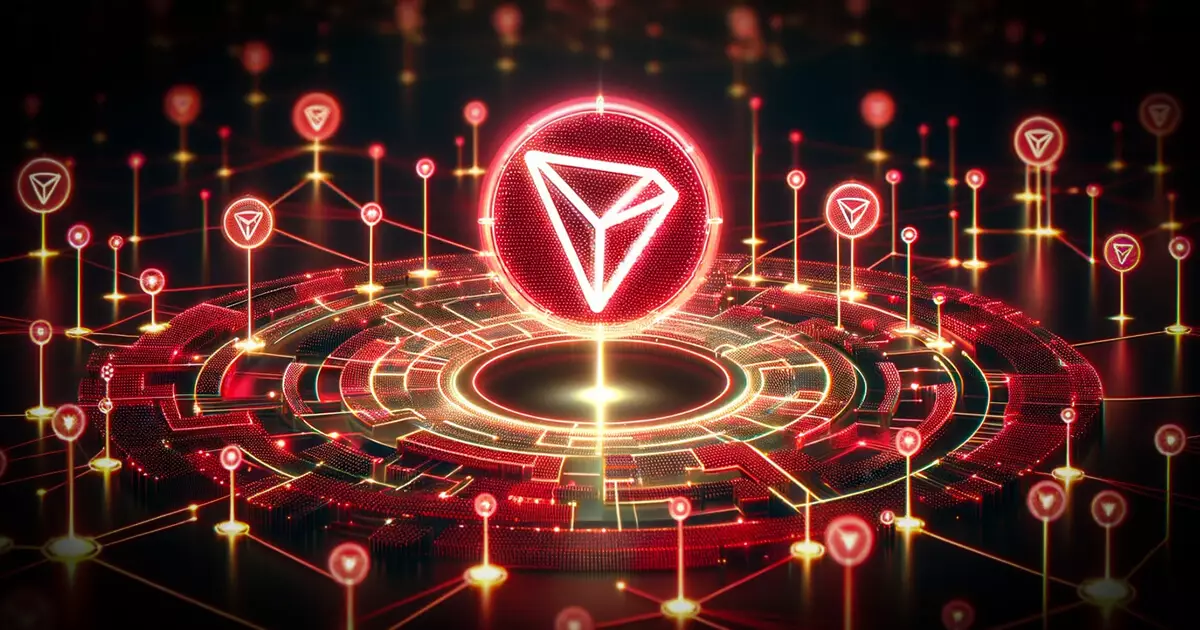Recently, Binance announced that it would be ending support for Tron network-based USD Coin (USDC) stablecoins by April 5. This decision comes after Circle, the company behind USDC, decided to pull out of the Tron blockchain entirely. This news means that Binance users now have less than two weeks to withdraw their assets or convert them to USDC on alternative networks. Transactions involving USDC on other supported networks like Ethereum will not be affected by this change.
In light of these developments, the Philippines’ Securities and Exchange Commission (SEC) has announced that it will block its citizens’ access to Binance within the next three months. This action is being taken because the crypto trading platform is unregistered in the country. Last month, Circle made the abrupt decision to end support for Tron-based USDC as part of a broader strategy involving various departments, such as business organization and compliance.
Justin Sun, the founder of the Tron network, respected Circle’s decision and emphasized that his blockchain network shares a decentralized structure similar to Bitcoin and Ethereum. Notably, Circle had distanced itself from Sun last year following concerns raised by international bodies like the United Nations about Tron’s alleged involvement in illicit financial activities. USDC, the second-largest stablecoin by market capitalization, has seen rapid growth in its circulating supply since the start of the year, with $172 million worth of USDC on the Tron blockchain.
The Philippines SEC issued a warning to the public against using the online cryptocurrency exchange Binance, aiming to block the platform in the country to protect citizens from unregistered investment products. The financial regulator has also called on tech giants Google and Meta to halt Binance-related advertising targeting Filipino users on their platforms. Last year, the Philippines SEC issued a cautionary advisory about the crypto trading platform due to its unregistered operations in the Asian country.
This latest regulatory setback in the Philippines adds to Binance’s challenges as it faces increased scrutiny in multiple jurisdictions, including the United States and Nigeria. The platform must navigate a complex regulatory landscape to ensure compliance with various laws and regulations governing the cryptocurrency industry. This ongoing regulatory pressure underscores the need for crypto exchanges to prioritize regulatory compliance and transparency to maintain trust among users and regulators alike.

